SUMMARY
This is AI generated summarization, which may have errors. For context, always refer to the full article.
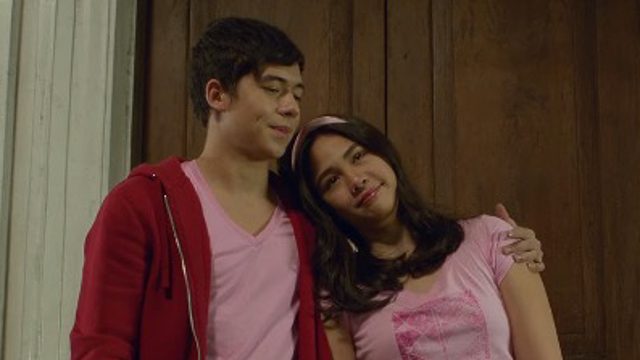
Every once in a while, a home-grown romance, while still sticking to the general template of strangers finding their way to some form of fairy tale happy ending, surprise. And they do so pleasantly on the basis of having its endearing love story revolve around individuals who aren’t carved out of good-natured stereotypes, but on society-urged deviations.
Local romances are often shaped from existing star-powered couplings whose collective goodwill is valuable capital that is stubbornly protected for future commercial forays.
That said, filmmakers are often careful to write characters for those bankable stars that would hurt whatever marketable goodwill they may have. This results in predictable romances that unfold from the most generic of lovers, who are more often than not depicted as faultless and hopeless romantics with sins that are sourced not from themselves but from their problematic families or other people around them.
Captivating and troubling
Jason Paul Laxamana’s So Connected is different in the sense that its protagonists are laced with a slivers of darkness that is rare in commercial love stories, especially those that exist by virtue of the love teams they are birthed from.
The film’s opening is rushed and rugged but it gets the job done in establishing not just the conceit of the film but also the glaring moral imperfection of Karter (Jameson Blake), a love-starved boy who uses a cloud-based media-storing app to spy on his stolen cellphone’s buyer, who turns out to be Abby (Janella Salvador), who is also love-starved.
Karter becomes enamored by Abby and proceeds to locate her through the various clues he gathers from the media she unknowingly shares to him.
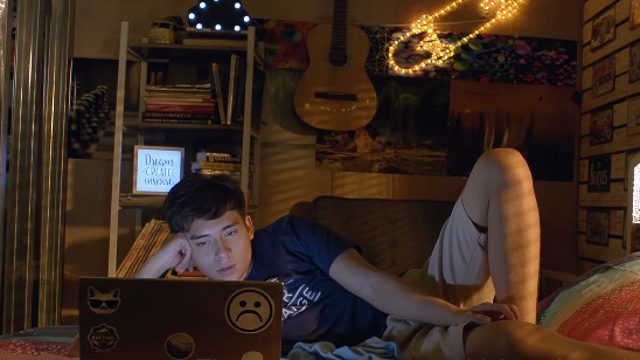
There is a captivating but troubling lyricism in how the film portrays Karter’s helpless pining for Abby, in how he, often alone in his unkempt room, would connect to Abby through her pictures and videos he views either from his laptop or his cellphone, all imagining it was him those visuals were meant for.
In that sense, the film fluently depicts a generation whose psychology and morality have been effectively transformed by how technology has shaped how humanity connects with each other.
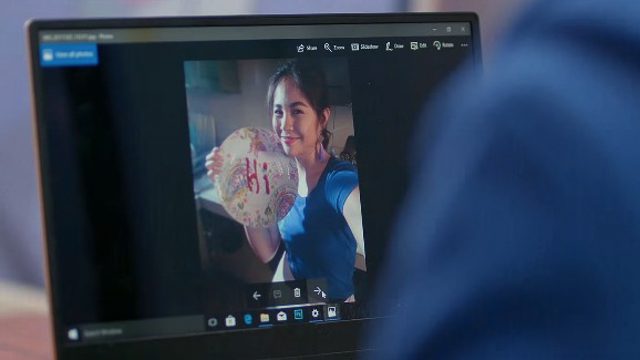
The ingenuity of So Connected lies in the fact that it doesn’t condemn its characters, whose indiscretions are but products of a social revolution initiated by rapid advances in technology.
Humanity has been pushed to stretch the boundaries of what is moral and ethical by the fact that private lives are now exposed in recently created virtual public spaces such as social media.
In the film, Karter stalks Abby not because he is evil but because technology has made it very conducive for him to get his heart’s desire through the loopholes afforded by a world that is rapidly getting digital.
Reinvent the wheel
Laxamana conceives a narrative that isn’t oblivious to the impact of social media in the way people connect.
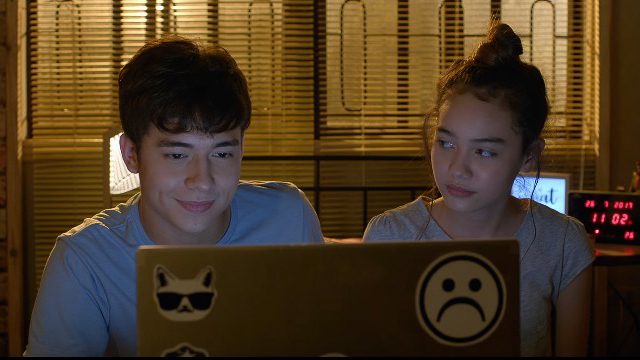
It doesn’t start and end with just the clever conceit of its protagonists being aware of each other through technology. It actually provokes discourse by molding its characters from real victims of internet shaming.
What’s more is that the film turns their respective experiences with the snowballing cruelty of people online into the connective foundation of their happy ending. There is an evident purpose to the film’s stark obsession with all things linked to a pervading culture bred from the internet, from Karter working in an industry that thrives in likes and shares to Abby’s persistent mouthing of the WiFi password to her canteen’s customers.
So Connected is as much a statement on social media’s drastic effects as it is a love story.
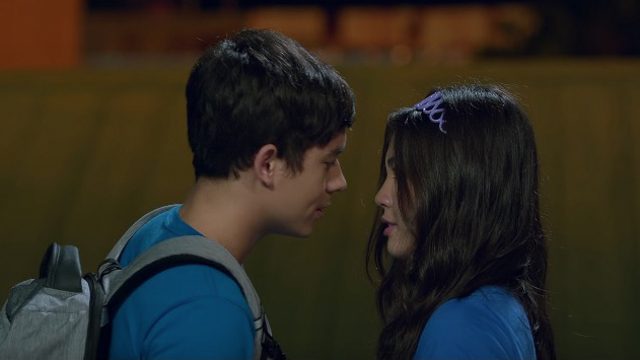
Yet the film still dutifully complies with all the benchmarks of a crowd-pleasing romance. So Connected consistently delights and amuses. It has its audience rooting for love despite its characters’ moral and ethical flaws. It eventually earns its predictable happy ending.
Laxamana doesn’t reinvent the wheel because he doesn’t need to. In fact, what Laxamana does is better. He repurposes the wheel, turning it into a vehicle for him to voice out an opinion as to how the internet and social media have warped how humans connect and judge each other through the bits and pieces of data that are shared in cyberspace.
Pretty package
It also doesn’t hurt that the film comes in a pretty package.
Rommel Sales’ cinematography is crisp but not shallowly glossy. Blake and Salvador’s performances relatively consistent to the tone Laxamana aspires for.
Sure, So Connected does have its flaws. However, its ambitions and ability to add real relevance and heft to a genre that has been abused for its being mostly empty and escapist weigh more than its faults. – Rappler.com

Francis Joseph Cruz litigates for a living and writes about cinema for fun. The first Filipino movie he saw in the theaters was Carlo J. Caparas’ Tirad Pass.
Since then, he’s been on a mission to find better memories with Philippine cinema.
Add a comment
How does this make you feel?
There are no comments yet. Add your comment to start the conversation.